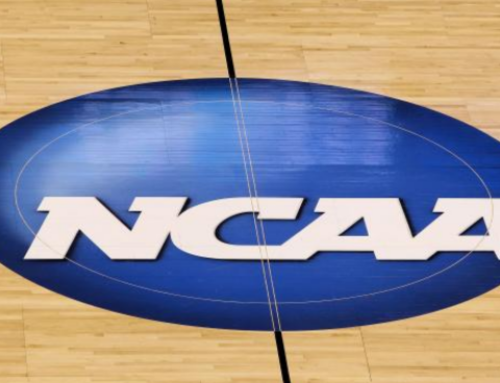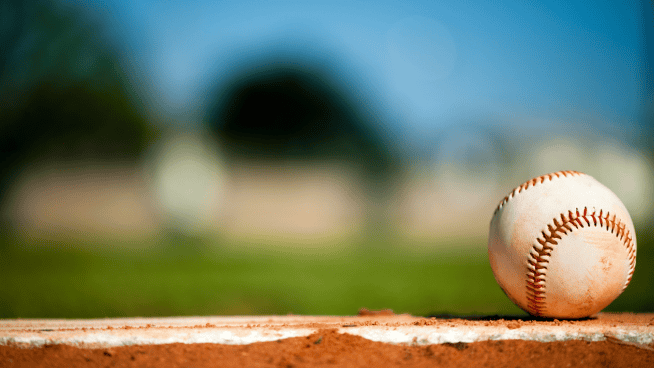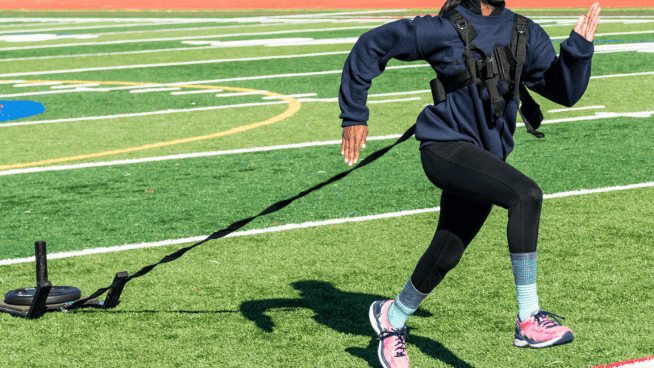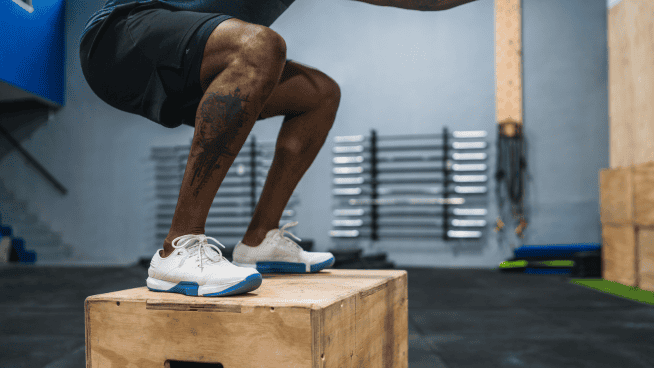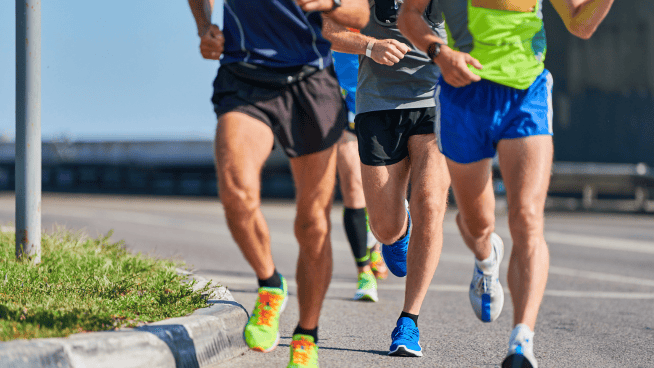Brain Benefits of Exercise
When you work out, your muscles are not the only things getting stronger. Substantial data shows that a moderate amount of intense exercise improves memory.
It’s long been thought that a Body Mass Index (BMI) between 21 and 25 is associated with better academic performance. But regardless of your BMI, doing 20 minutes of intense exercise three times a week increases the size of your hippocampus, the memory center in your brain. A bigger hippocampus correlates with better memory, and exercise can increase your memory power enough to help you score better academically.
Why this happens we aren’t sure. In animal models, intense exercise releases a chemical called brain-derived neurotrophic factor (BDNF), which appears to be like Miracle-Gro for the hippocampus. Following exercise (and the release of BDNF), animals learned to run mazes better. Conversely, blocking BDNF after exercise inhibited the development of the hippocampus, and therefore stifled improvements in learning ability.
How “intense” must the exercise be? If you’re under 20 years old, it should raise your heart rate into the range of 145 to 190 beats per minute. If you play a strenuous sport (like lacrosse, soccer, football or hockey), you probably achieve this during practices and games. But you can also get there by jumping rope, running or interval training—any activity that keeps your heart rate up for 20 minutes.
You can use this to your advantage right now. In Naperville, Ill., students who participated in an exercise program before school, then attended their most difficult class, reported that the class seemed easier and their test scores improved. That’s because exercise also improves the ability to focus. A school in Finland went farther, scheduling exercise sessions between classes. Perhaps it’s no coincidence that its students are among the best and brightest in the world.
Bottom line: as an athlete, you’re already ahead of the game. But you can add to your advantage by enjoying physical activities apart from your sport for at least 20 minutes three times a week. That’s what we do (Dr. Oz plays 3-on-3 basketball, Dr. Roizen plays squash).
Staying active will keep your body (and brain) in top shape during your off-season. It will grow your hippocampus, the one organ in your body where size matters; and you’ll focus and learn better as a result.
I haven’t exercised at all. How do I get started?
Start by walking thirty minutes a day at a brisk pace. That will establish a base level of fitness for your muscles, heart and brain.
I hate exercising because my back always hurts. What should I do?
Back pain is actually fairly common among adolescents. Poor posture is one of the culprits. Whenever possible, suck in your stomach and tighten your glutes at the same time. This tends to straighten your spine—and it helps you sculpt those washboard abs. Abdominal muscle strength protects your back.
What if I just hate exercise altogether?
You don’t need to do traditional exercises to get the mental benefits. Find something that feels like play, like Zumba or dancing—anything that gets your heart rate up. Long walks in the woods are lovely, but they don’t cut it as intense exercise; find something vigorous you enjoy doing at least three times a week to build your heart, muscles and brain.
RECOMMENDED FOR YOU
MOST POPULAR
Brain Benefits of Exercise
When you work out, your muscles are not the only things getting stronger. Substantial data shows that a moderate amount of intense exercise improves memory.
It’s long been thought that a Body Mass Index (BMI) between 21 and 25 is associated with better academic performance. But regardless of your BMI, doing 20 minutes of intense exercise three times a week increases the size of your hippocampus, the memory center in your brain. A bigger hippocampus correlates with better memory, and exercise can increase your memory power enough to help you score better academically.
Why this happens we aren’t sure. In animal models, intense exercise releases a chemical called brain-derived neurotrophic factor (BDNF), which appears to be like Miracle-Gro for the hippocampus. Following exercise (and the release of BDNF), animals learned to run mazes better. Conversely, blocking BDNF after exercise inhibited the development of the hippocampus, and therefore stifled improvements in learning ability.
How “intense” must the exercise be? If you’re under 20 years old, it should raise your heart rate into the range of 145 to 190 beats per minute. If you play a strenuous sport (like lacrosse, soccer, football or hockey), you probably achieve this during practices and games. But you can also get there by jumping rope, running or interval training—any activity that keeps your heart rate up for 20 minutes.
You can use this to your advantage right now. In Naperville, Ill., students who participated in an exercise program before school, then attended their most difficult class, reported that the class seemed easier and their test scores improved. That’s because exercise also improves the ability to focus. A school in Finland went farther, scheduling exercise sessions between classes. Perhaps it’s no coincidence that its students are among the best and brightest in the world.
Bottom line: as an athlete, you’re already ahead of the game. But you can add to your advantage by enjoying physical activities apart from your sport for at least 20 minutes three times a week. That’s what we do (Dr. Oz plays 3-on-3 basketball, Dr. Roizen plays squash).
Staying active will keep your body (and brain) in top shape during your off-season. It will grow your hippocampus, the one organ in your body where size matters; and you’ll focus and learn better as a result.
I haven’t exercised at all. How do I get started?
Start by walking thirty minutes a day at a brisk pace. That will establish a base level of fitness for your muscles, heart and brain.
I hate exercising because my back always hurts. What should I do?
Back pain is actually fairly common among adolescents. Poor posture is one of the culprits. Whenever possible, suck in your stomach and tighten your glutes at the same time. This tends to straighten your spine—and it helps you sculpt those washboard abs. Abdominal muscle strength protects your back.
What if I just hate exercise altogether?
You don’t need to do traditional exercises to get the mental benefits. Find something that feels like play, like Zumba or dancing—anything that gets your heart rate up. Long walks in the woods are lovely, but they don’t cut it as intense exercise; find something vigorous you enjoy doing at least three times a week to build your heart, muscles and brain.



